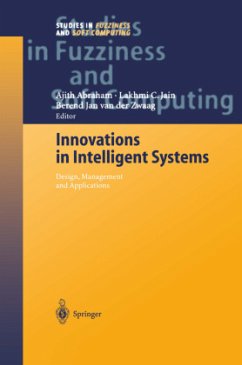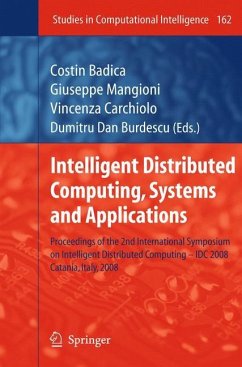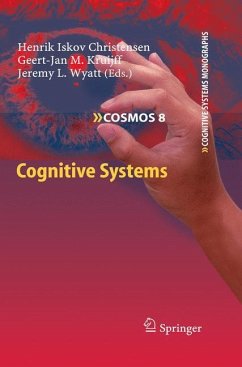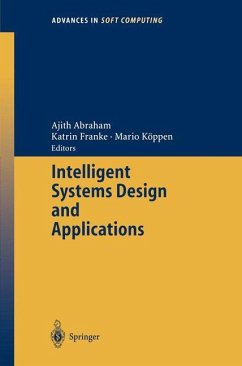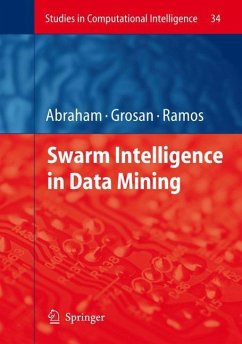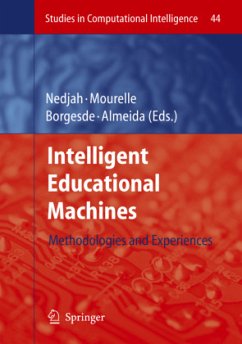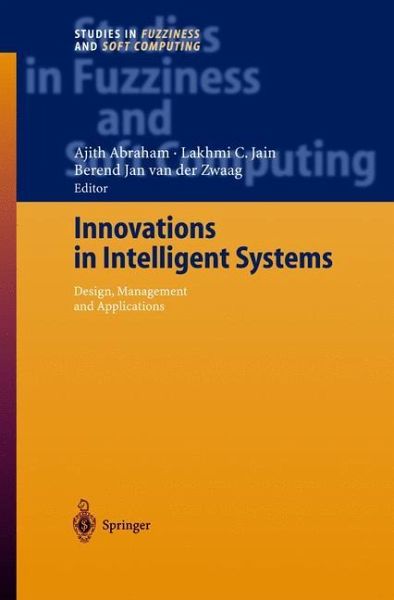
Innovations in Intelligent Systems

PAYBACK Punkte
58 °P sammeln!
Innovations in Intelligent Systems is a rare collection of the latest developments in intelligent paradigms such as knowledge-based systems, computational intelligence and hybrid combinations as well as practical applications in engineering, science, business and commerce. The book covers central topics such as intelligent multi-agent systems, data mining, case-based reasoning, and rough sets. Essential techniques to the development of intelligent machines are investigated such as pattern recognition and classification, machine learning, natural language processing, grammar, evolutionary schem...
Innovations in Intelligent Systems is a rare collection of the latest developments in intelligent paradigms such as knowledge-based systems, computational intelligence and hybrid combinations as well as practical applications in engineering, science, business and commerce. The book covers central topics such as intelligent multi-agent systems, data mining, case-based reasoning, and rough sets. Essential techniques to the development of intelligent machines are investigated such as pattern recognition and classification, machine learning, natural language processing, grammar, evolutionary schemes, fuzzy-neural procedures, and intelligent vision. The book also includes useful applications ranging from medical diagnosis and technical/medical language translation, to power demand forecasting and manufacturing plants. Due to its depth and breadth of the coverage and the usefulness of the techniques and applications, this book is a valuable reference for experts and students alike.





